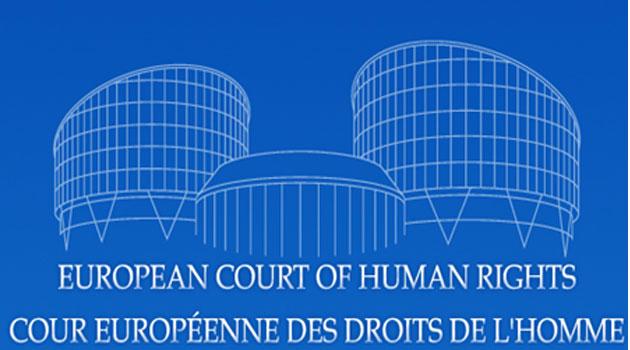Editorial: Insults are preferable to censorship

Are Internet discussions facing fundamental restrictions? Will online news servers be forced to close their discussion boards or to strictly regulate them?
Will online media require discussants to post under their own real names and give up their anonymity? Those are all the indications of a 2013 judgment from the European Court of Human Rights (ECtHR) addressing the case of Delfi AS, an Internet portal that sued Estonia after the Baltic state successfully prosecuted the company for illegal content posted by its readers to its discussion boards; the company then appealed to the Grand Chamber of the ECtHR, and the final judgment in the matter will affect online media outlets throughout Europe.
In the Delfi case, which made its way through the courts in Estonia starting in 2006 and was declared admissible in Strasbourg several years later, what is at stake is the degree to which Internet servers are liable for the comments posted by their readers to discussion boards, specifically, under what circumstances must they delete comments in order to avoid any eventual criminal prosecution for unlawful content.
Is it enough for comments to be removed once another reader warns the media outlet of their flawed content, or must they be removed by editors immediately after they are posted? Must editors even prevent them from ever being posted to their servers in the first place?
The practice in the Czech Republic is that news servers are liable for the content published in discussions and, if they do not remove posts after having been warned that the content is offensive, they can expect to be taken to court. Romea.cz recently reported on a groundbreaking verdict in the Czech courts handed down by Judge Veronika Křesťanová, which found that news server Parlamentní listy must pay plaintiff Jaroslav Suchý CZK 150 000 for failing to remove offensive discussion posts about him.
Is this the end of online discussions?
– discussants use their actual identities when posting so that anyone harmed by their posts can eventually sue the poster directly, not the server.
All of these options are very problematic for internet discussions and might even destroy them entirely. Michal Komárek, the editor of news server Romea.cz, has no illusions about the level of Internet discussions but does not believe they should be more strictly regulated, as he said recently in a discussion on radio station Radiožurnál on this topic.
"I think the regulations that apply in the Czech Republic now are sufficient," Komárek said. "Banning anonymity raises a big ethical problem – this has been greatly discussed in the context of Facebook, which has introduced a ‘real name policy’, i.e., the obligation to use one’s actual name when creating a Facebook page. According to critics, this would transform social networking into a domain where everyone would spy on everyone else – ‘false’ accounts would be closed on the basis of network users informing on one another. Moreover, this would also discriminate against those who want to remain anonymous for political reasons."
Komárek believes, moreover, that the level of the public discussions taking place offline is not much higher per se than those taking place in the online Czech environment. The path away from aggressive, insulting and primitive discussion posts is not one of increasing censorship, but of trying to cultivate public discussion in general.
That will not be accomplished through a single court judgment or through any new legislation. Naturally, the question is whether it can ever be considered accomplished.